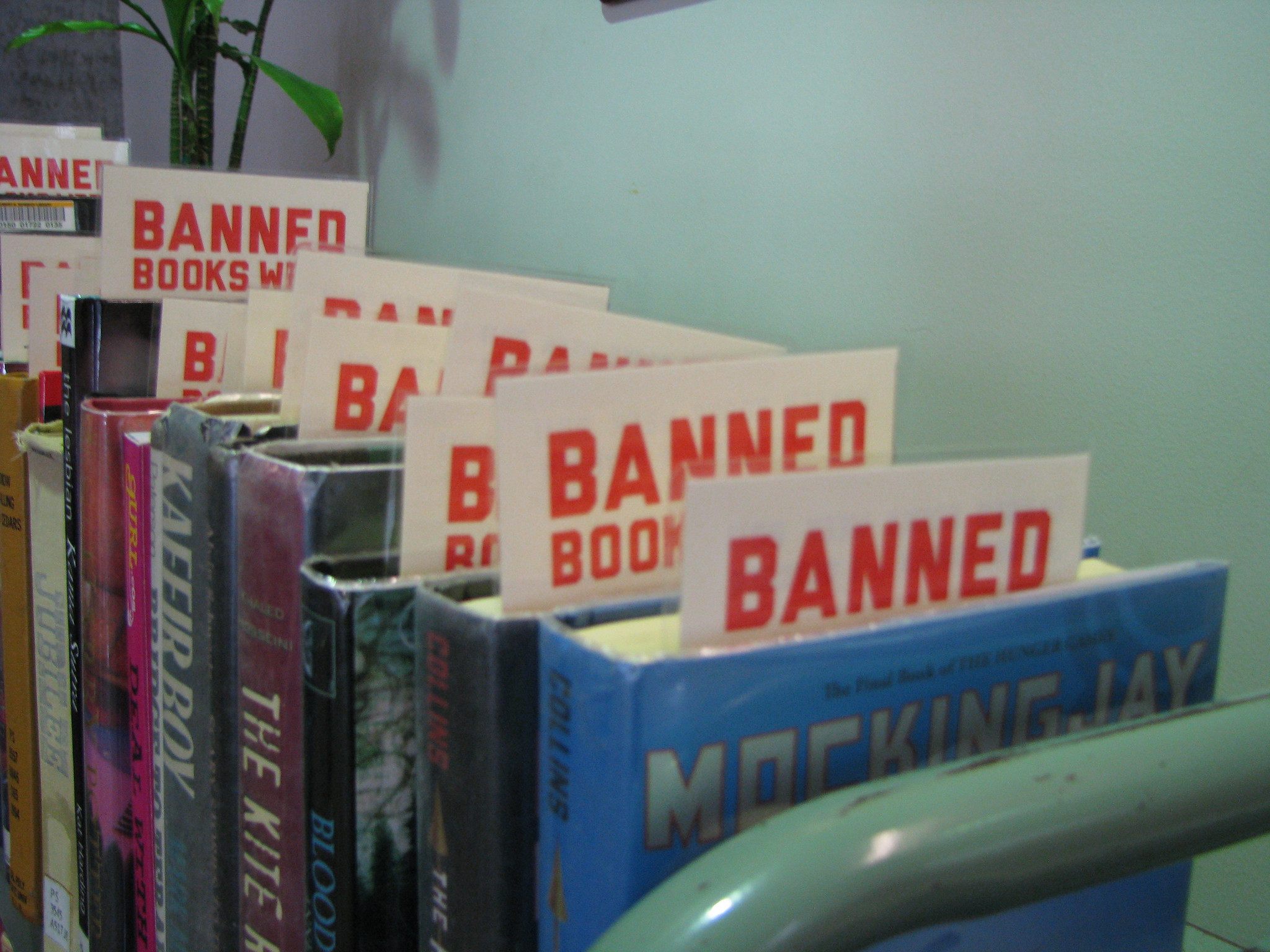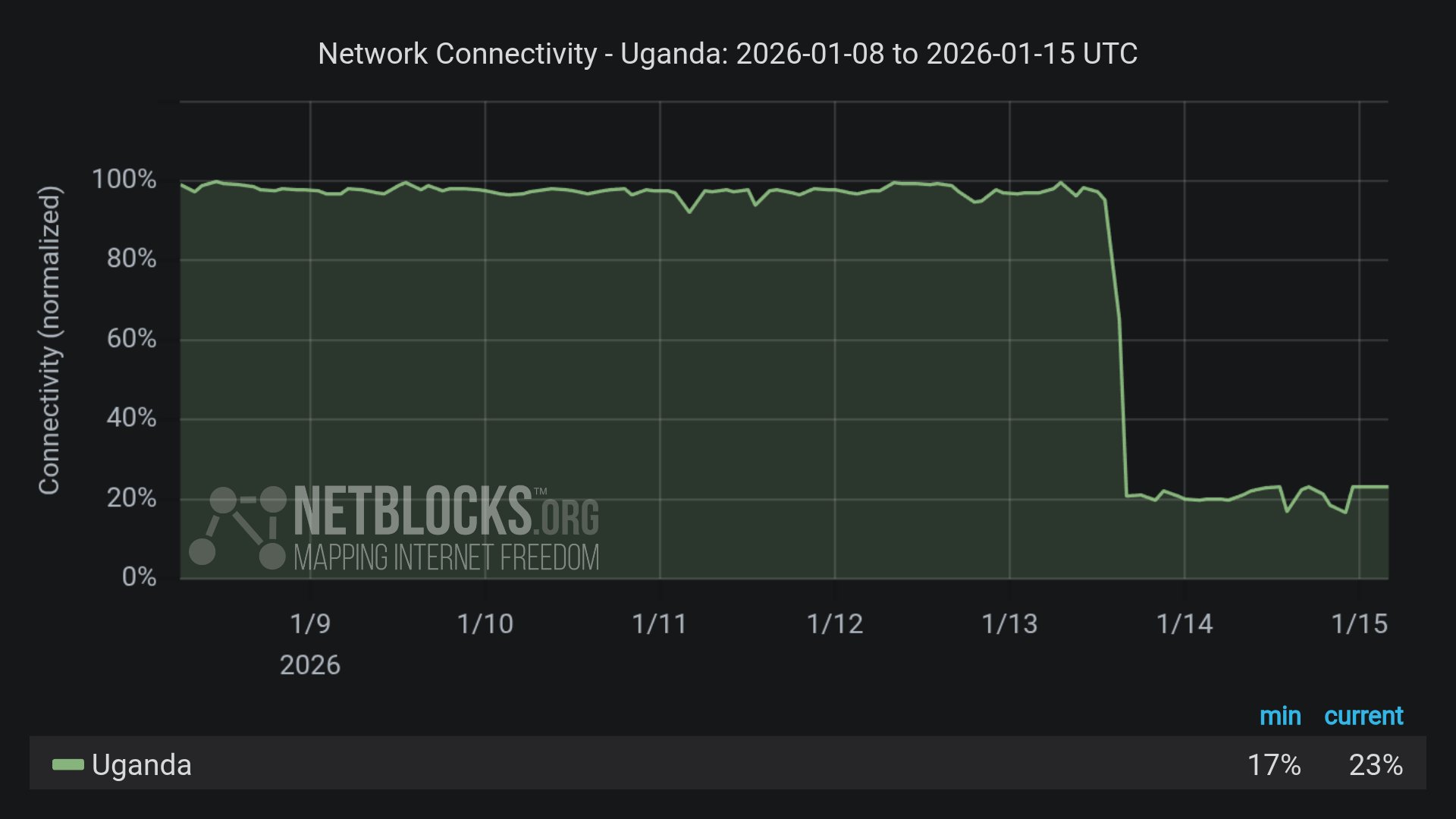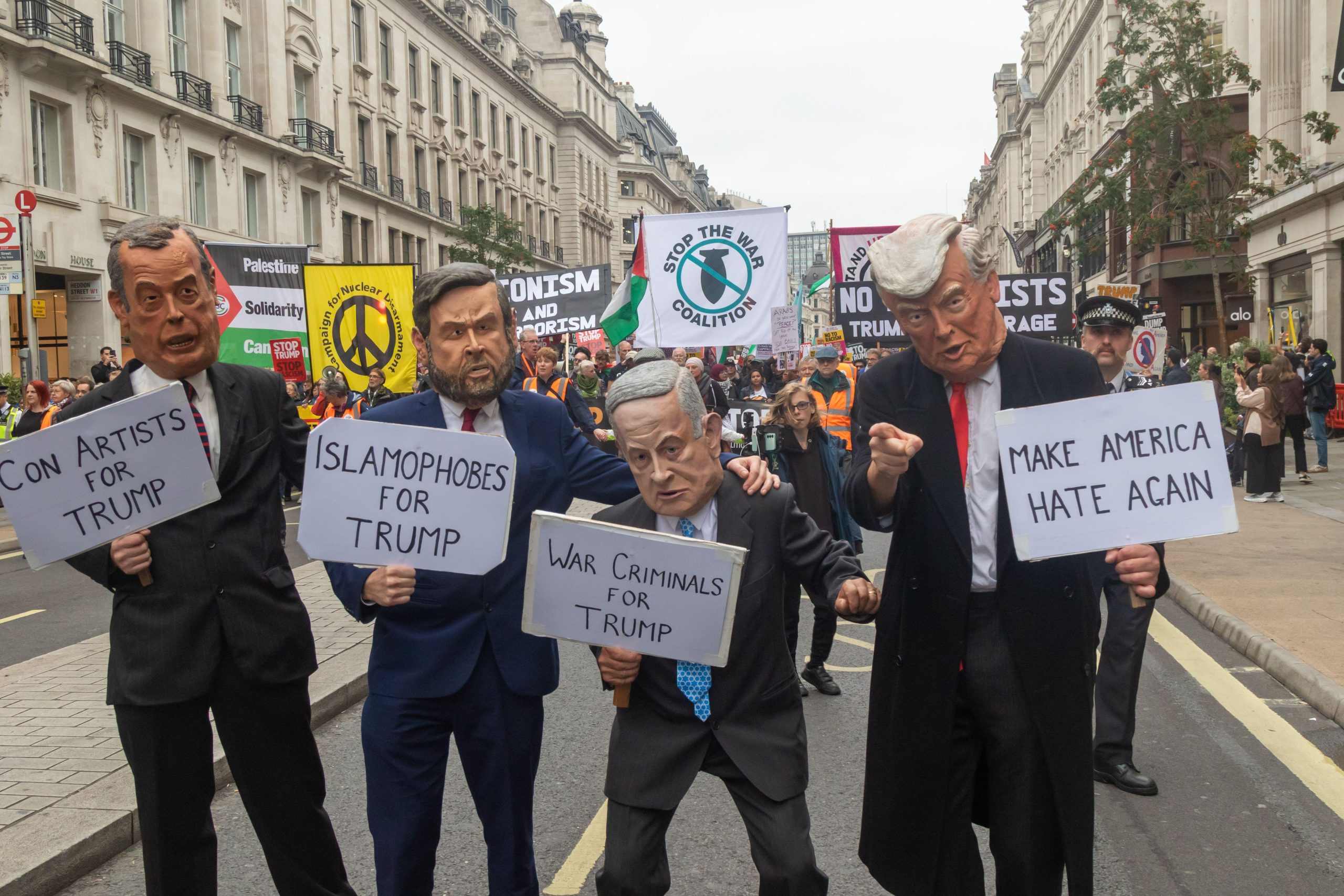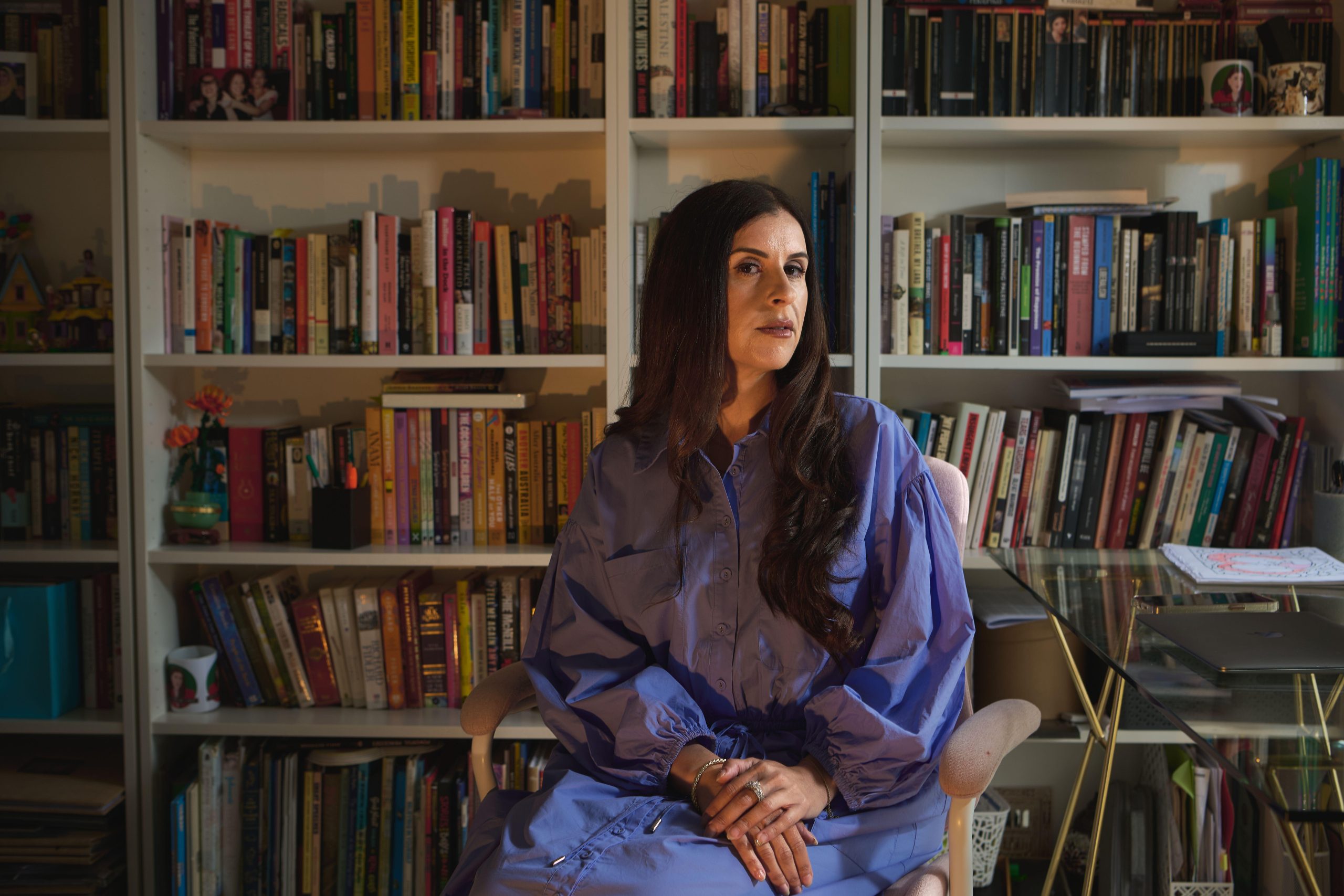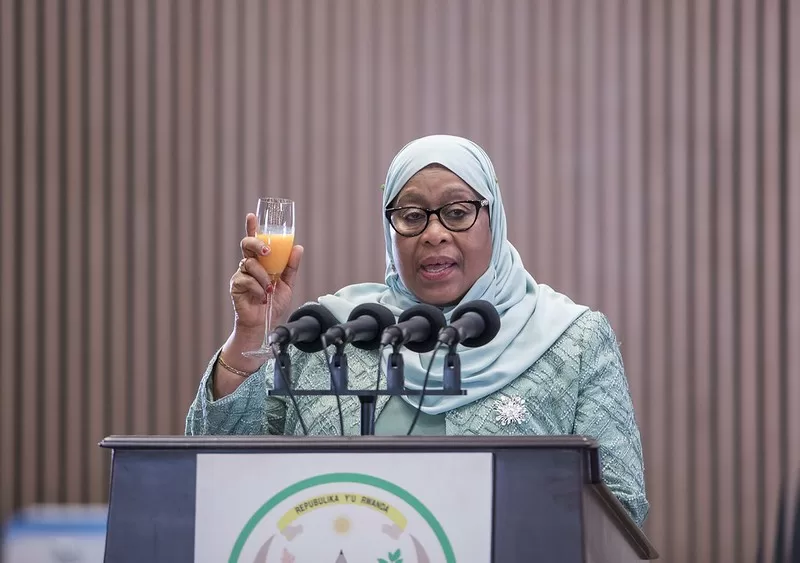In a world of online book shopping most of us rarely consider what we’re able to buy, or what books are available from the library. But there is nothing more important in the world of freedom of expression than access to the written word.
Literature can be an escape from reality. It can provide space to dream and to challenge and the best of literature can challenge our perceptions of the status quo. Of course there are bad books as much as there are good books, but each and every published work adds something to our collective understanding of the world around us. That’s why a democracy should cherish the written word and consider libraries as cathedrals of learning and opportunity. The banning of books is for the unenlightened and should be challenged wherever it happens.
And that’s why it is so shocking that 1,648 titles are banned across the United States at the moment, according to PEN America, in their recently updated list of banned books. Many of these books relate to sexuality and LGBTQ+ experiences, and some challenge historical realities, such as segregation and class, or race and history. With these books banned, not only are authors literally being cancelled but minority communities are prevented from seeing characters like themselves in the literature that they read.
The most commonly banned book in the USA at the moment is Gender Queer: A Memoir by Maia Kobabe. What does this say to young people who are questioning their own identity when books which explore the very things that they are currently experiencing are banned?
As a Jewish woman and an anti-racist activist I find the concept of banning books abhorrent. Only those political leaders who are scared of people can possibly think it’s acceptable to ban the written word and make reading an illicit or illegal activity.
I was lucky as a child. I had an enlightened mum who thought there was little else more important than me reading, although I did resent getting the books about my favourite toys rather than the actual toys (yes mum I am still upset I never had a My Little Pony!). But looking at the list of Banned Books PEN America has published I’m disconcerted to see so many of those books I loved as a child banned, including several by Judy Blume and The Handmaid’s Tale by Index patron Margaret Atwood.
Freedom to read is as crucial an element of freedom of expression as freedom to create.
Censorship doesn’t protect children and young people. Reading about gender and sexuality isn’t going to make them go and have sex, or change who they might later choose to have sex with. Just as reading about Afghanistan doesn’t make a child a victim of war or reading about slavery in the USA a slave. Instead reading about those issues can make a young person more compassionate, more understanding of others and more open to new ideas. It generates empathy and gives us all a more informed and confident community who understand pain and anguish as well as our collective history. That is the society I want to live in.
And in the spirit of Barack Obama, who just released his own summer reading list in support of anti-book banning efforts, might I recommend you check out some of those wonderful titles on the list. Together let’s fight book bans.

